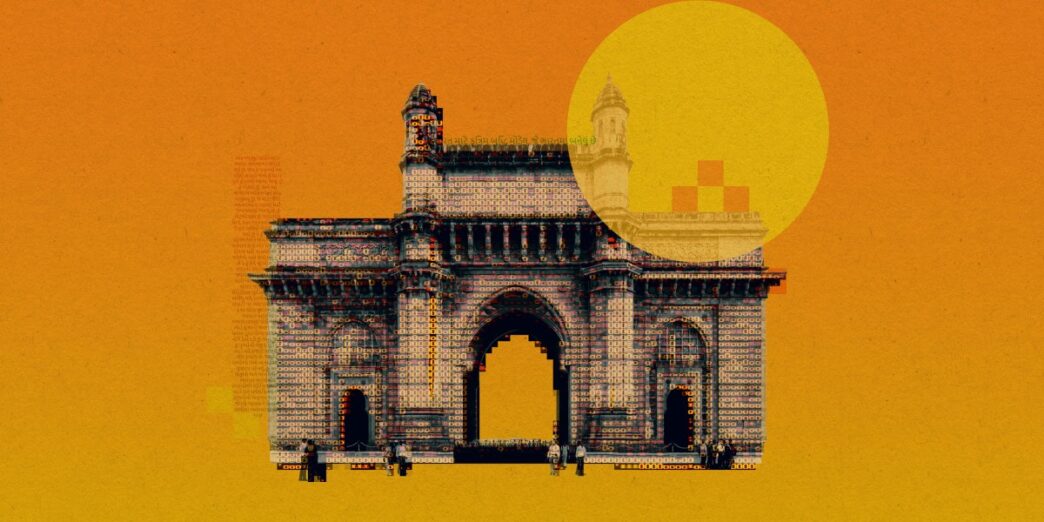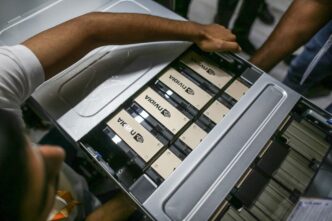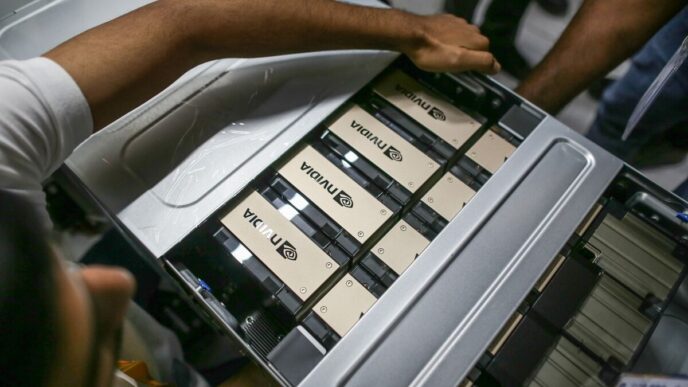IndiaAI rolls out 18,000 GPUs, including 13,000 Nvidia H100s, for top Indian startups. Sarvam, Upperwal’s Soket Labs, Gnani AI, and Gan AI are first in line.
The push includes a national multilingual data repository, new AI labs in smaller cities, and funding for deep-tech R&D. Abhishek Singh, CEO of IndiaAI and MeitY officer, says this effort could trigger $12 billion in R&D over five years. $162 million is set for the IndiaAI Mission, with $32 million directly for startups. The National Quantum Mission adds $730 million for quantum research. The 2025-26 budget launched a $1.2 billion Deep Tech Fund to boost early-stage private innovation.
Nearly $9.9 billion is expected from private and international partners like Microsoft, VCs, and philanthropists. Over 500 startup applications cover health, governance, and agriculture. Singh says 10-12 more startups will soon get funding just for foundational AI models.
Controversy hits as Sarvam is a closed model, not open-source despite public backing. This split sparks debate over private profit vs public good in India’s AI space.
Amlan Mohanty, AI policy expert, points out the risk:
“True sovereignty should be rooted in openness and transparency.”
He highlights DeepSeek-R1, a 236-billion parameter model, which was made freely available for commercial use.
IndiaAI is locking down serious hardware and cash—but the tension between closed and open AI models is heating up.












